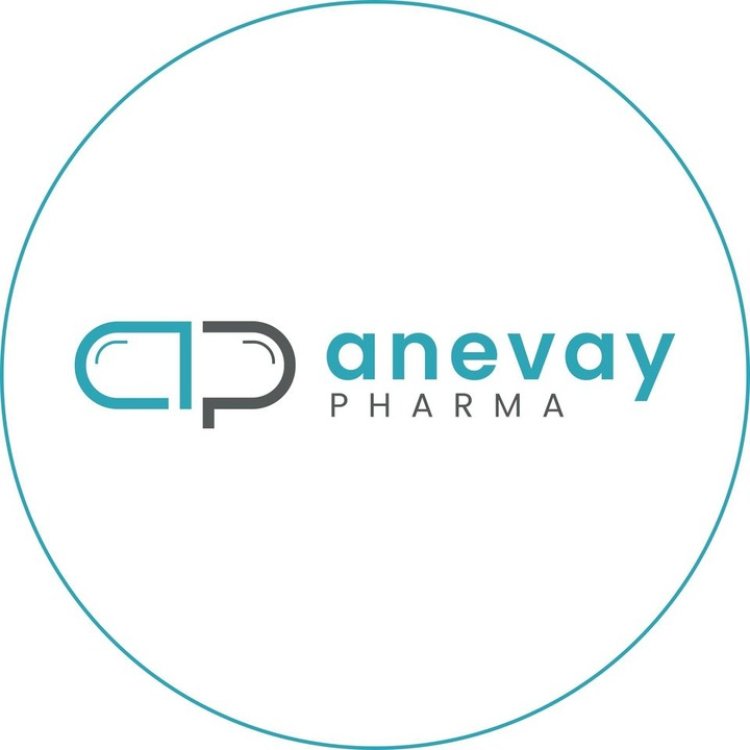The Role of Pharmaceuticals in Modern Medicine: Innovations and Challenges
Explore the transformative role of pharmaceuticals in modern medicine, including breakthroughs in drug development, challenges in R&D, and the impact of digital health technologies. Discover how Anevay Pharmaceuticals PVT LTD is driving innovation and addressing global health challenges.
Share this Post to earn Money ( Upto ₹100 per 1000 Views )

Pharmaceuticals play a pivotal role in modern medicine, addressing a wide range of health issues from acute infections to chronic diseases. As we advance into the future, the pharmaceutical industry faces both exciting innovations and significant challenges that shape its trajectory. This post explores how pharmaceuticals are evolving to meet contemporary health needs and the hurdles that need to be addressed.
Breakthroughs in Drug Development: Accelerating Innovation
Recent advancements in drug development have revolutionized how new medications are discovered and brought to market. Techniques such as high-throughput screening, combinatorial chemistry, and advanced computational models have accelerated the identification of promising drug candidates. Additionally, the development of biologics, such as monoclonal antibodies and therapeutic proteins, has opened new avenues for treating diseases that were previously considered untreatable.
One of the most promising areas of innovation is the use of gene editing technologies like CRISPR. These technologies have the potential to correct genetic defects at the source, offering new hope for treating genetic disorders and certain cancers. The rapid pace of scientific discovery is pushing the boundaries of what is possible in medicine.
Challenges in Pharmaceutical R&D: Navigating Complexities
Despite these advancements, pharmaceutical research and development (R&D) face several challenges. The complexity of human biology means that even well-designed drugs can have unpredictable effects. Ensuring the safety and efficacy of new medications requires extensive testing and clinical trials, which are both time-consuming and expensive.
Another challenge is the increasing prevalence of drug resistance, particularly in antibiotics and antiviral drugs. The overuse and misuse of these medications have led to the emergence of resistant strains of bacteria and viruses, complicating treatment efforts and necessitating the development of new strategies to combat resistance.
Patient Access and Affordability: Addressing Inequities
Access to medications remains a critical issue, with significant disparities in availability and affordability across different regions. In many low- and middle-income countries, essential drugs are often out of reach for those who need them most. The pharmaceutical industry is working to address these inequities through initiatives such as tiered pricing, where drugs are sold at lower prices in developing countries.
Pharmaceutical companies are also exploring partnerships with governments and non-governmental organizations to improve access to medicines. Programs that support the distribution of vaccines and essential drugs in underserved areas are crucial for improving global health outcomes.
The Impact of Digital Transformation: Enhancing Drug Development and Delivery
Digital transformation is reshaping the pharmaceutical landscape, offering new tools for drug development and patient care. Digital platforms facilitate data collection and analysis, enabling more efficient clinical trials and personalized treatment plans. For example, real-world evidence generated through electronic health records and patient registries provides valuable insights into drug performance and safety.
Additionally, digital health technologies, such as telemedicine and mobile health apps, are enhancing patient engagement and adherence to treatment. These tools provide patients with greater access to healthcare services and empower them to manage their health more effectively.
Future Directions: Embracing Innovation and Collaboration
Looking ahead, the pharmaceutical industry will continue to embrace innovation and collaboration to address emerging health challenges. The integration of artificial intelligence, big data, and personalized medicine will drive the next generation of therapies and treatment approaches. Collaborative efforts between pharmaceutical companies, research institutions, and healthcare providers will be essential for advancing medical science and improving patient care.
Pharmaceutical companies like Anevay Pharmaceuticals PVT LTD are at the forefront of these advancements, committed to pushing the boundaries of medical research and ensuring that new treatments are both effective and accessible.
Conclusion
Pharmaceuticals are integral to modern medicine, offering solutions to a wide range of health issues and driving advancements in medical science. As the industry navigates the complexities of drug development and patient access, it remains focused on innovation and collaboration to meet the evolving needs of patients worldwide.
For more information about our contributions to the pharmaceutical field, visit Anevay Pharmaceuticals PVT LTD.














